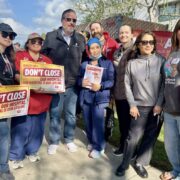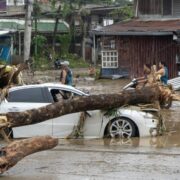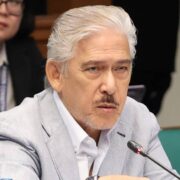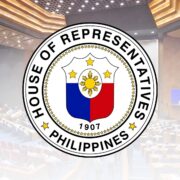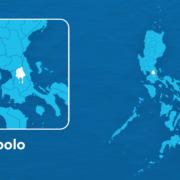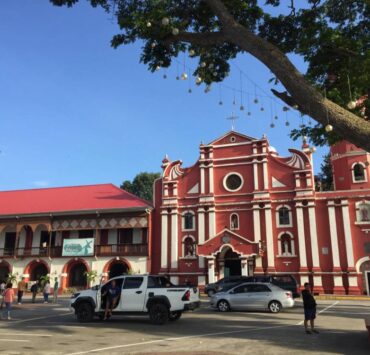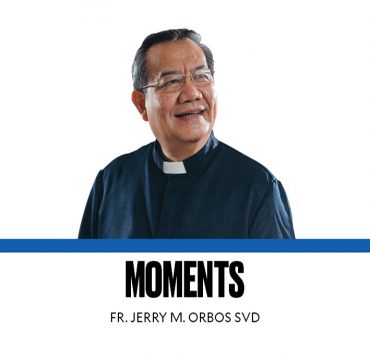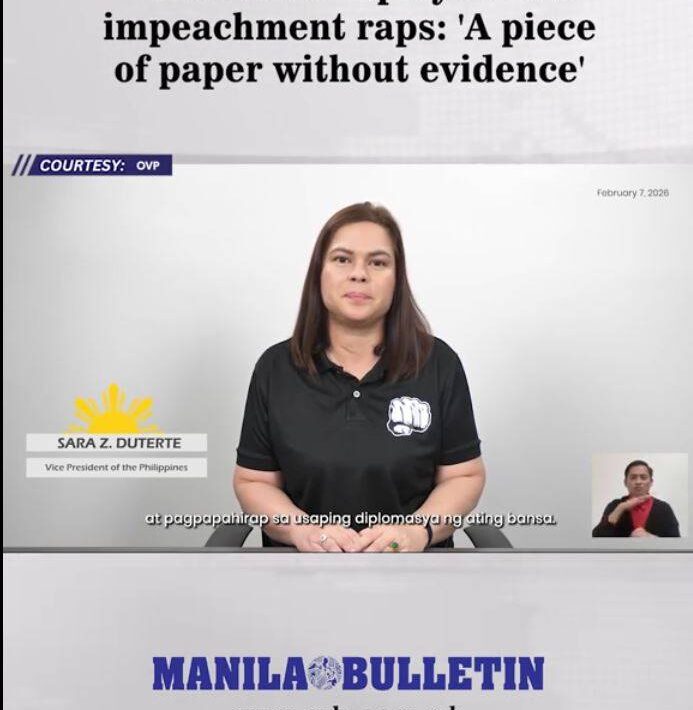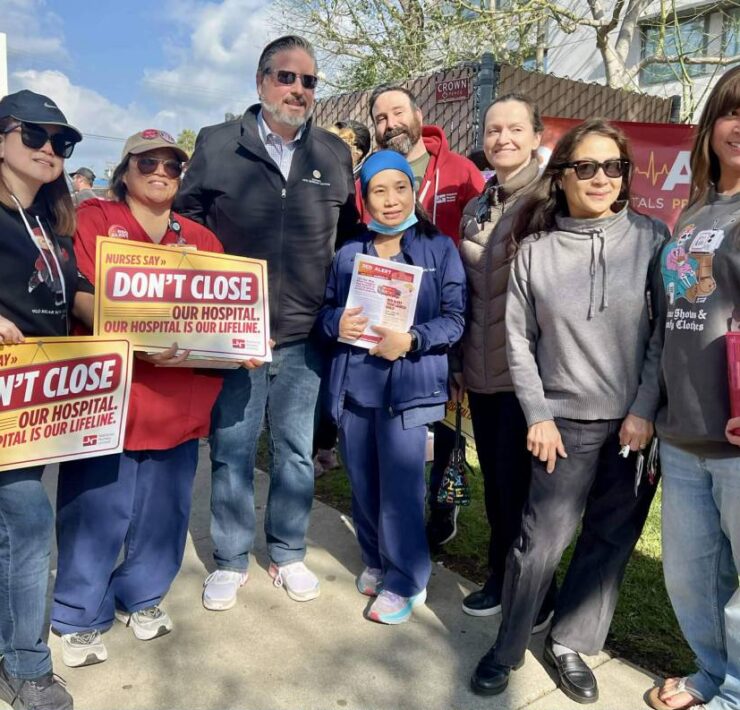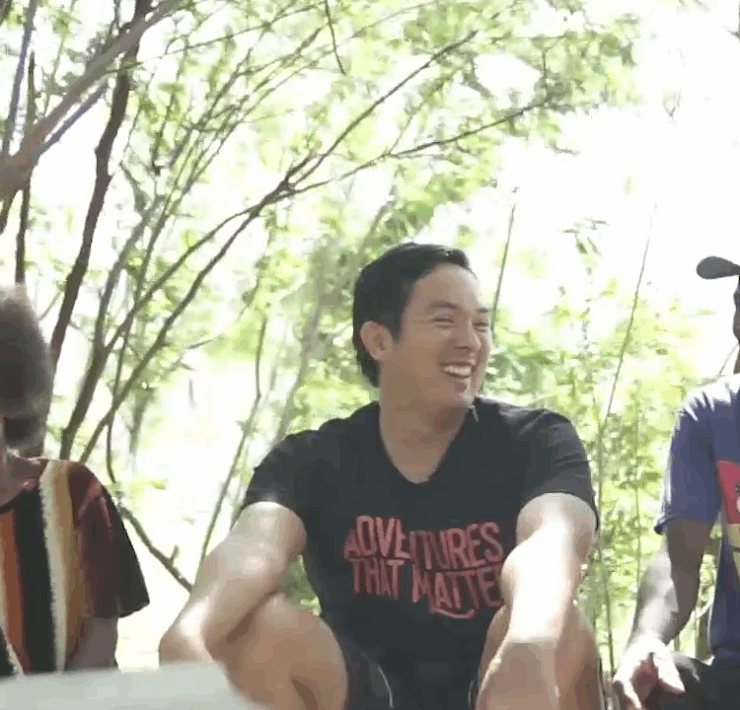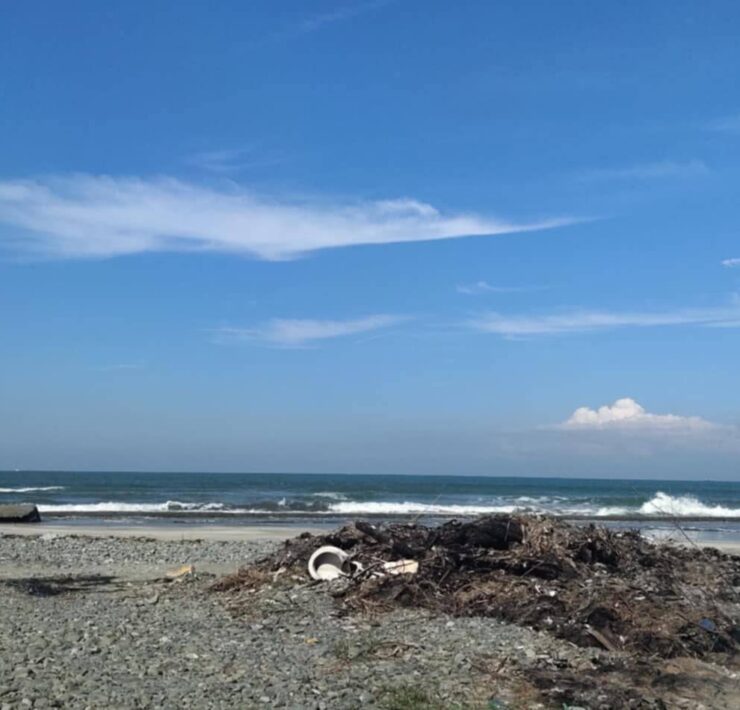A pastor for the peripheries
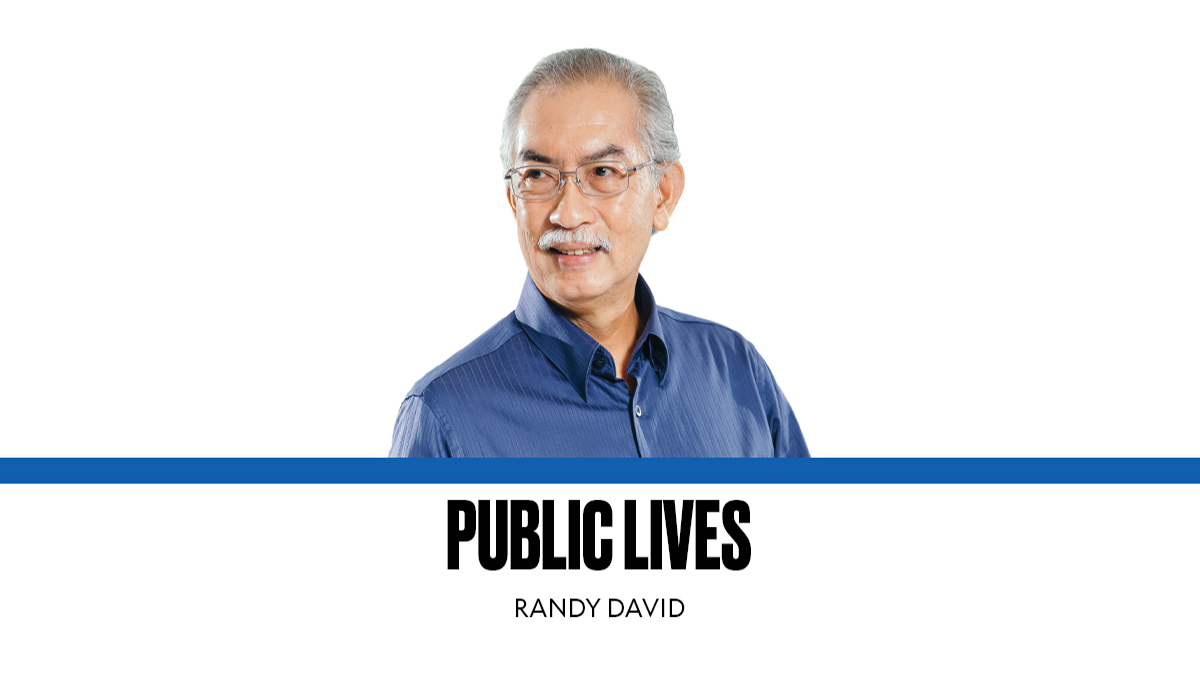
A pastor for the peripheries—a shepherd for the lost, the least, the vulnerable, and the oppressed. That’s how I believe my brother, Bishop Pablo Virgilio David, or “Ambo,” has always understood his vocation. Although he hasn’t always used the term “peripheries,” this concept has been a consistent thread running through his projects, no matter where he’s assigned.
(If I may, I hope readers of this column won’t mind me deviating from my usual focus on national and global issues to reflect on last week’s papal announcement. Bishop Ambo, along with 20 others, many from the global periphery, will be made a cardinal in a consistory in Rome this December. This extraordinary news has brought great joy to our family and friends, and—judging from the past week—also to the larger Filipino community. We are deeply grateful for the prayers, good wishes, and affection with which this joyful news has been received.)
The term “periphery” has its roots in Latin American discourse, specifically in the context of “dependencia” theory. This political-economic framework describes the unequal relations between the center and the periphery, where the center subjugates and underdevelops the periphery. Cardinal Jorge Mario Bergoglio, then Archbishop of Buenos Aires, introduced this terminology to the Vatican, articulating a vision of the Church as one that “must come out of itself and go to the peripheries—both geographical and existential.” He shared this vision with his fellow cardinals just before they gathered for the conclave to elect Pope Benedict XVI’s successor.
In a fascinating extension of this theory, the future Pope Francis observed that the Church itself becomes “sick” when it becomes overly self-referential. “The evils that afflict ecclesiastical institutions over time are rooted in self-referentiality, in a sort of theological narcissism,” he said. “The Church, when it becomes self-referential, unknowingly begins to think it has its own light; it stops being the ‘mysterium lunae’ and falls into the gravest of sins—spiritual worldliness. This, according to theologian Henri de Lubac, is the worst evil the Church can face: living for the glory of one another.”
When Ambo entered the Mother of Good Counsel Minor Seminary in San Fernando, Pampanga, in 1970, my father told him, “Someday you will become a bishop, and then you will have the chance to go to Rome to see the Pope.” To an 11-year-old boy, the idea of becoming a bishop probably didn’t mean much, but it meant the world to our parents. Sadly, my father passed away before seeing Ambo ordained as a priest, but my mother witnessed his ordination in 1983. It was the proudest moment of her life. How I wish she had lived to see him become a bishop in 2006, and now a cardinal.
During his years at the Jesuit-run San Jose Major Seminary and Loyola School of Theology, seeing the Pope in Rome was likely the farthest thing from Ambo’s mind. Those were the years of martial law—a period of intense social and political turmoil. Community organizing and outreach to the peripheries became integral to the religious formation of priests and nuns, who felt called to respond to the country’s crisis.
In 1980, after completing his theological studies but before his ordination, Ambo spent time in Pampanga’s remotest villages, interpreting the Gospel in a way that resonated with the issues of the day. This experience sparked his scholarly interest in hermeneutics and biblical exegesis. He eventually earned a doctorate in biblical studies, graduating summa cum laude from Leuven University in Belgium.
Though grateful for the opportunity to deepen his understanding of God’s Word, he was eager to return home after six years abroad, having missed the historic 1986 Edsa People Power Revolution. Upon his return, he resumed teaching at his old seminary in Pampanga, but the call to serve the peripheries never left him.
He launched a weekly television program called “Men of Light” with the help of the late film director Marilou Diaz-Abaya. Along with fellow priests—many of them his former students—he led discussions on the Gospel in Filipino and Kapampangan, with episodes uploaded to YouTube to reach overseas Filipino workers.
Perhaps the project that most embodies his commitment to the peripheries is the creation of “mission stations” in his diocese of Kalookan during Rodrigo Duterte’s infamous drug war. Alarmed that his diocese was turning into a “killing field” in this brutal campaign, he organized priests, nuns, and laypeople to establish spiritual sanctuaries in the slums where the killings were taking place.
Today, there are 21 of these faith communities, each with a makeshift chapel at its heart, located in the poorest neighborhoods. Every mission station is staffed by religious and lay volunteers who tirelessly minister to the spiritual and existential needs of the excluded. As Bishop Ambo says, “If the poor will not come to the Church, we will bring the Church to the poor.”
—————–
public.lives@gmail.com




